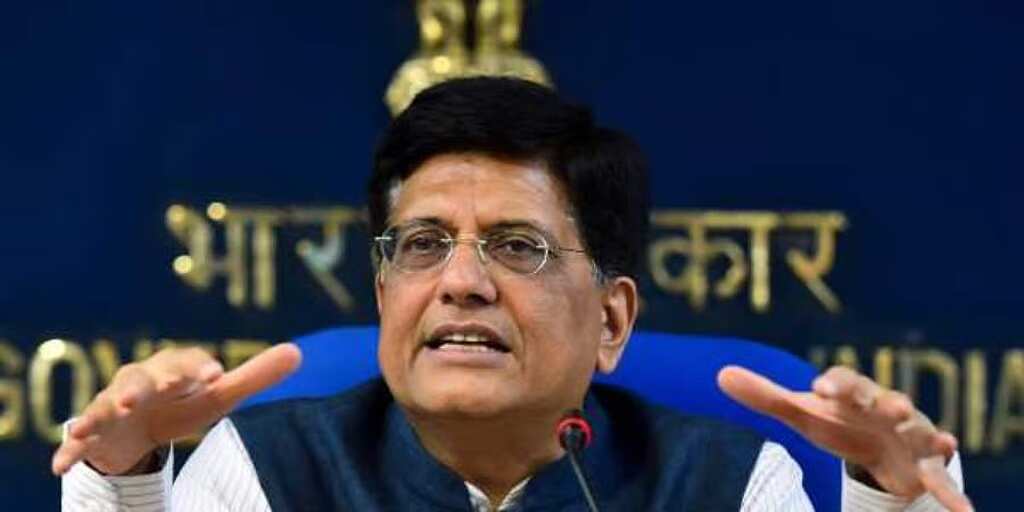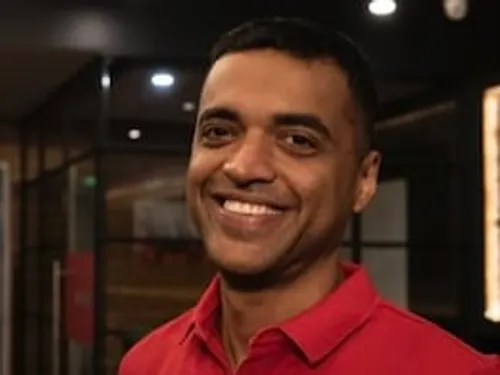India has pushed for comprehensive World Trade Organization (WTO) reforms, calling for decisive action against non-tariff barriers and restoration of the paralysed dispute settlement mechanism during high-level ministerial discussions in Paris.
Commerce and Industry Minister Piyush Goyal outlined India’s reform agenda at a mini-ministerial gathering of 25 WTO member countries, emphasising the need to address trade distortions and strengthen multilateral governance ahead of next year’s crucial ministerial conference.
Speaking to reporters after the Australia-convened meeting, Minister Goyal articulated India’s three-pronged approach to WTO modernisation.
“India made a strong pitch for addressing non-tariff barriers that certain countries use to deprive others of market access, taking necessary action against non-market economies, and ensuring we have a strong dispute settlement mechanism,” he said.
The minister emphasised preserving the WTO’s consensus-based decision-making process while maintaining special treatment for developing nations – principles India views as fundamental to the trading system’s legitimacy.
India’s concerns are central to the WTO’s crippled dispute settlement system, which has been effectively non-functional since 2009 due to US opposition to appellate body appointments.
The paralysis has left countries without recourse when trade disputes arise, undermining the organisation’s enforcement capacity.
While some members have promoted the Multi-Party Interim Appeal Arbitration Arrangement (MPIA) as an alternative, Minister Goyal expressed scepticism about its effectiveness.
“Only one or two members spoke about that, but there doesn’t seem to be much consensus or traction to that idea. I haven’t heard of any cases resolved through MPIA,” he noted.
India firmly rejected attempts to expand the WTO’s mandate beyond traditional trade issues, particularly opposing the China-led Investment Facilitation for Development proposal backed by 128 countries.
Minister Goyal argued that such initiatives would fragment the multilateral system and create new divisions among members.
“Issues that have been mandated at the WTO should get priority and should be the first issues to be resolved,” he said. “Issues going beyond trade should not be brought into it as it would create further differences between member countries.”
The discussions addressed several longstanding challenges, including agricultural trade reforms and environmental concerns.
Key agenda items included finding permanent solutions for public food grain stockholding programs and addressing overfishing practices that threaten marine ecosystems.
Minister Goyal highlighted the need to resolve existing mandated issues before introducing new frameworks, reflecting India’s preference for completing unfinished business rather than expanding the organisation’s scope.
Despite growing tensions within the 166-member organisation, Minister Goyal rejected suggestions that the WTO faces an existential crisis.
“One should not jump to the conclusion that an existential crisis has been created,” he said, calling for pragmatic problem-solving within existing frameworks. The minister emphasised collective commitment among participating countries to revitalise the organisation.
“We have all resolved to collectively work to strengthen the working of the WTO, to ensure core principles are respected and work towards global good and global growth in trade,” he stated.
Anurag Dhole is a seasoned journalist and content writer with a passion for delivering timely, accurate, and engaging stories. With over 8 years of experience in digital media, she covers a wide range of topics—from breaking news and politics to business insights and cultural trends. Jane's writing style blends clarity with depth, aiming to inform and inspire readers in a fast-paced media landscape. When she’s not chasing stories, she’s likely reading investigative features or exploring local cafés for her next writing spot.






